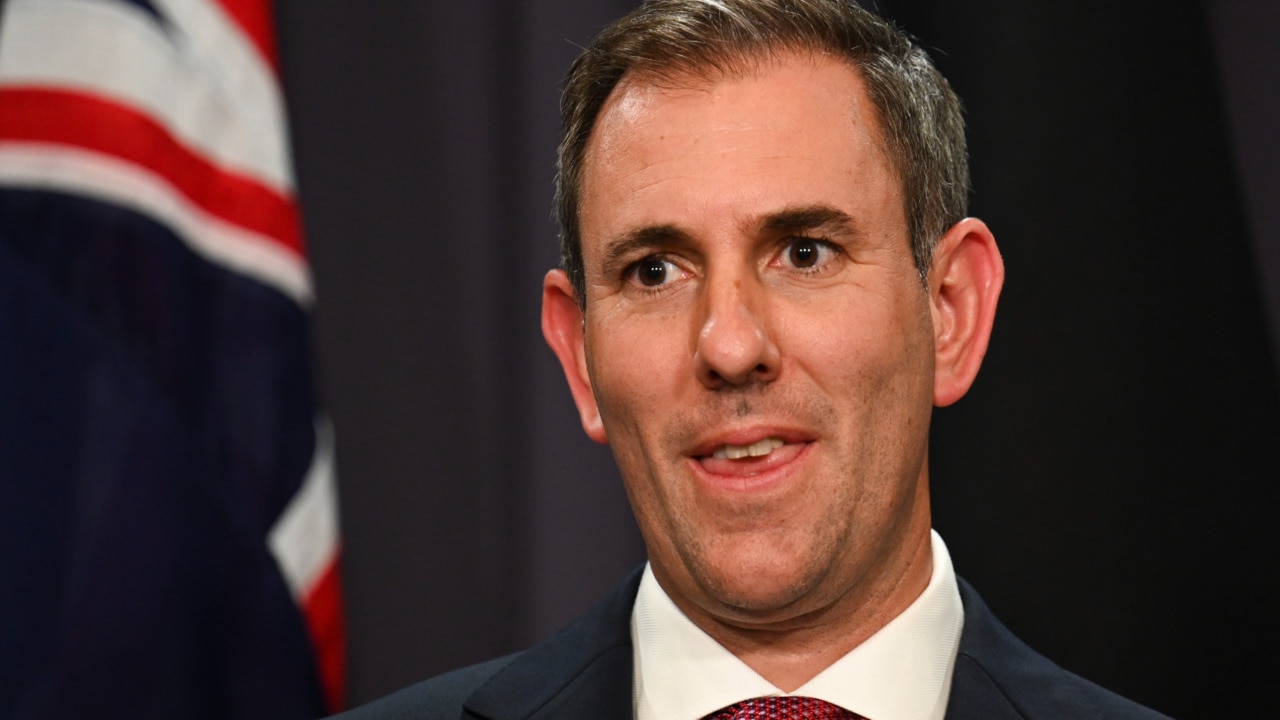OECD calls for elevated interest rates, NDIS spending clampdown
Slashing the structural deficit, easing inflationary pressures, and bolstering productivity must be priorities, the Paris-based organisation has argued.

Breaking News
Don't miss out on the headlines from Breaking News. Followed categories will be added to My News.
The OECD has urged the Reserve Bank to keep interest rates higher for longer to help tame inflation, and for the Albanese government to clamp down on the runaway growth of the NDIS to free up funds to support Australia’s energy transition and ageing population.
In its latest Economic Outlook, released on Thursday evening, the Paris-based organisation, led by former finance minister Mathias Cormann, called for measures to ease inflationary pressures, slash Australia’s structural deficit, and bolster anaemic productivity growth.
While the OECD expects inflation, currently at 3.6 per cent, to continue easing, it anticipates prices for some services to remain elevated, necessitating a delay to interest rate relief.

“Monetary policy should remain restrictive in the short term to tame inflation,” the OECD said, with the report assuming three rate cuts between the September quarter and the end of 2025.
However, should the economy prove more resilient, and cause services inflation to remain persistent, the OECD cautioned that Australia’s central bank could additionally be forced to resume its aggressive run of rate hikes.
“A downside risk to economic growth is that taming stubborn services inflation may require tighter monetary policy than currently assumed,” it said.
According to the OECD forecasts, Australia’s real GDP growth is projected to slow to 1.5 per cent through 2024 before recovering to 2.2 per cent in 2025, as the impact of the RBA’s aggressive run of rate hikes crimps household consumption and business activity.
At the same time, the jobless rate is projected to increase to 4.3 per cent, up from its current rate of 3.8 per cent, helping to reduce inflationary pressures from labour-intensive services sectors.

Urging the government to trim Australia’s structural budget deficit, which has been buoyed by soaring income and company tax collections for the past two years, the OECD called for reforms to Australia’s tax and spend system to help fund the energy transition and the costs of an ageing population.
“These include tangible measures to slow growth in National Disability Insurance Scheme costs, potentially through better clarity on the eligibility and scope of support packages, as well as improved scheme administration,” the report said.
By 2032, the National Disability Insurance Agency forecasts that the program will have in excess of 1 million participants and will cost close to $100 billion a year.
Reforms designed to counter the country’s productivity malaise and position Australia for a period of “sustained economic growth” were also recommended.
“Greater flexibility in land zoning systems would improve the ability of new businesses to enter and grow in desirable locations and increase competition in the business sector,” the OECD said.
“So too would efforts to further align product standards with other advanced economies.”

Measures to standardise occupational licensing and reform non-compete contracts, changes already in train by the federal government, were also endorsed.
Ahead of the May budget scheduled in just weeks time, Treasurer Jim Chalmers said the report provided an important reminder of the need to balance the competing demands of lowering inflation and supporting growth.
“While we’ve made substantial progress in getting the budget in better nick, having delivered the first surplus in 15 years with a second one in prospect, we know that pressures on the budget are building, not easing,” Dr Chalmers said.
“The May Budget will continue our record of responsible fiscal management, provide cost of living relief without adding to inflation, and lay the foundations for growth.”
However, shadow treasurer Angus Taylor claimed that Labor had failed to exercise fiscal responsibility or restraint in their first two budgets.
“During this homegrown inflation crisis, it is crucial the Albanese Labor Government’s third budget returns to a back to basics economic agenda that restores Australians’ standard of living, and secures our future prosperity,” Mr Taylor said.
Originally published as OECD calls for elevated interest rates, NDIS spending clampdown


